Hans Blix
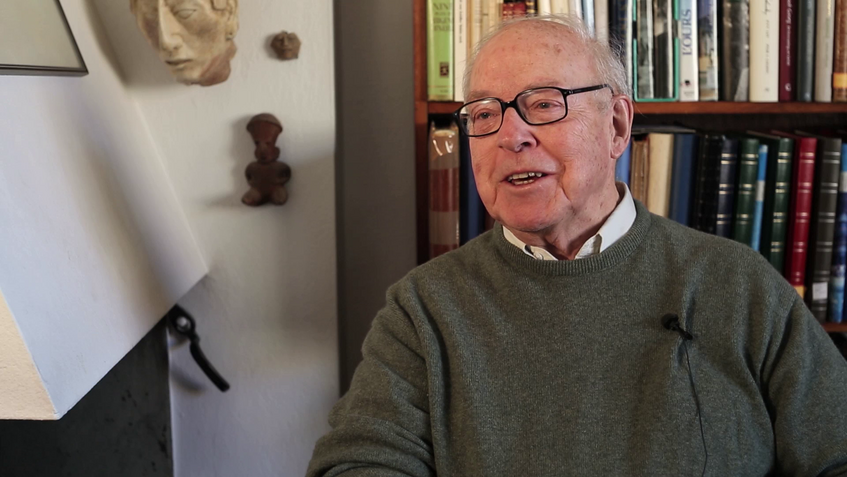
Hans Blix
Hans Blix was Director General of the IAEA from 1981 to 1997. Blix studied at the University of Uppsala and at Columbia University, and received his PhD from Cambridge University. In 1959, he became Doctor of Law at the Stockholm University and, in 1960, was appointed Associate Professor in International Law. In 1976, he became Under-Secretary of State at the Ministry for Foreign Affairs of Sweden, and was subsequently appointed Minister for Foreign Affairs in 1978. Following his tenure as IAEA Director General, Blix was named Executive Chairman of the United Nations Monitoring, Verification and Inspection Commission (UNMOVIC) where he served from 2000 until 2003.
John Carlson
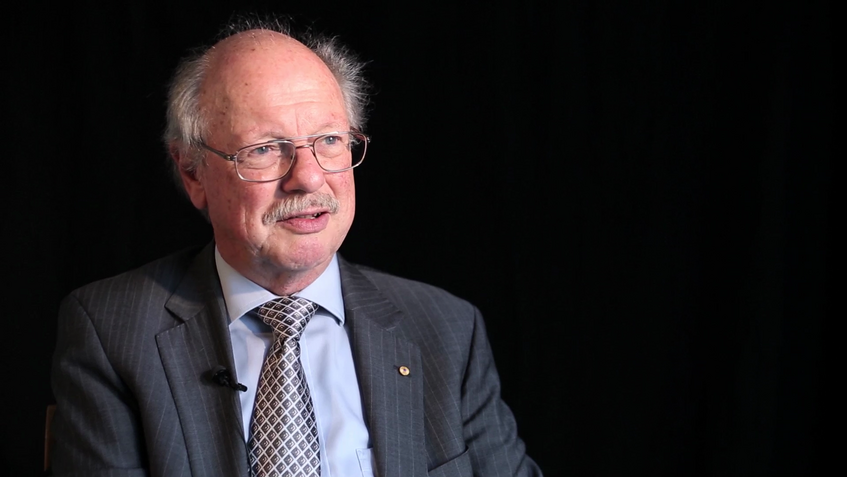
John Carlson
John Carlson served as an official within the Australian government for more than four decades, reaching the position of Director General of the Australian Safeguards and Nonproliferation Office. In 2001, IAEA Director General Mohamed ElBaradei appointed him Chairman of the Standing Advisory Group on Safeguards Implementation, where he served until 2006. He also served as Alternate Governor for Australia on the IAEA Board of Governors. In June 2012, Carlson was awarded the national honor of Member of the Order of Australia (AM).
Pier Roberto Danesi
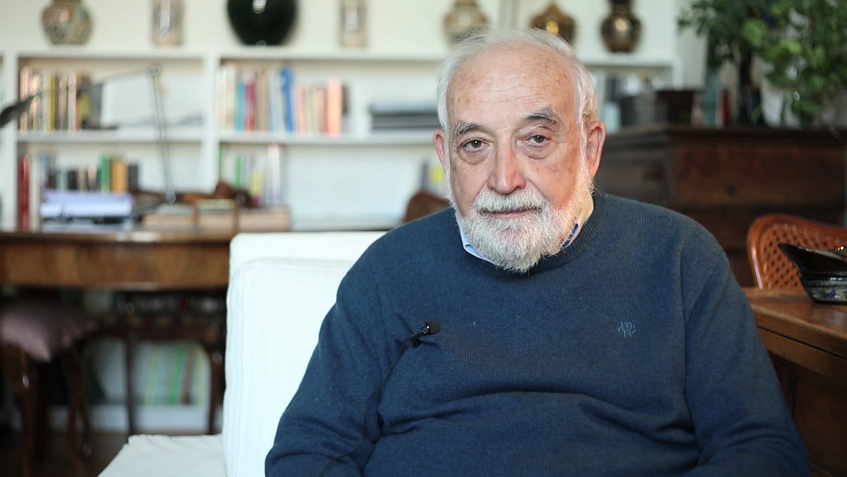
Pier Roberto Danesi
Pier Roberto Danesi served as Director of the IAEA Seibersdorf Laboratories from 1986-2002, having oversight of the multidisciplinary work of the site including the development of nuclear techniques and applications and the nuclear safeguards analytical laboratory. He is Professor of Nuclear and Radiochemistry and Comparative Risk Assessment at the Institute of Advanced Studies, University of Pavia (Italy). Danesi received his First Class Honors Doctor degree for the University of Rome in inorganic physical chemistry.
Mohamed ElBaradei
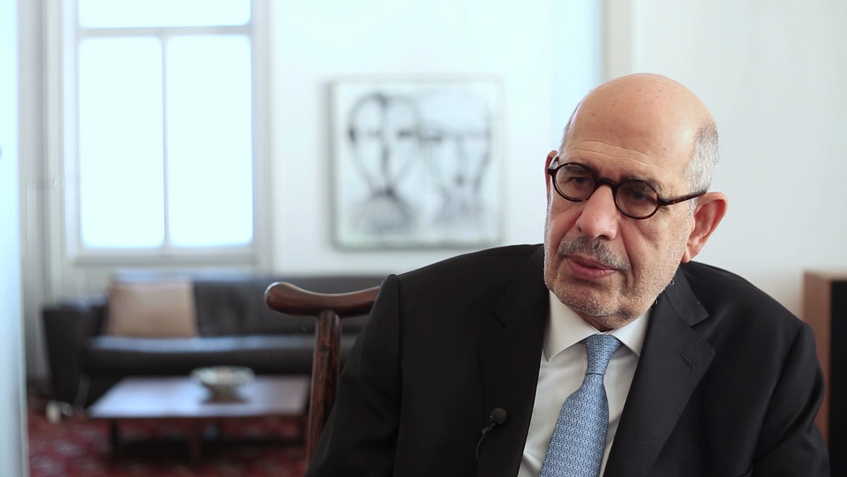
Mohamed ElBaradei
Mohamed ElBaradei was Director General of the IAEA from 1997 until 2009. ElBaradei joined the IAEA as a staff member in 1984, holding a number of positions including Legal Adviser and Assistant Director General for External Relations. He began his career in the Egyptian Diplomatic Service in 1964, serving in the Permanent Missions of Egypt to the United Nations in New York and Geneva. In 1980, he left the Diplomatic Service to join the United Nations and became a Senior Fellow in charge of the International Law Programme at the United Nations Institute for Training and Research. In October 2005, ElBaradei and the IAEA were jointly awarded the Nobel Peace Prize.
Dieter Goethel
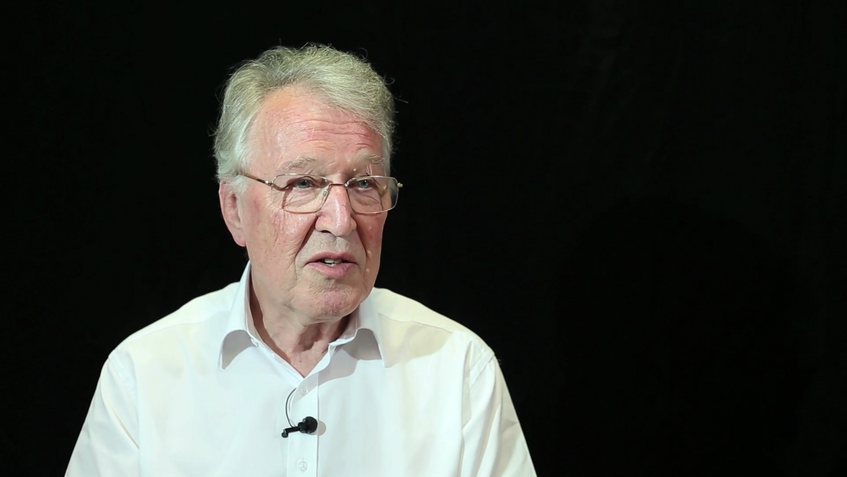
Dieter Goethel
Dieter Goethel worked for the IAEA between 1972-1986 and 1989-2002. During his second engagement at the Agency, he was appointed as Director, Division of Personnel, and made a significant contribution to the IAEA’s management reform. For this work, he received the “Distinguished Service Award” for IAEA Director General Mohamed ElBaradei in 1999. During his career, Goethel worked for the German Foreign Office as well as various UN agencies, his last post being Assistant Secretary General and President of the Staff/Management Co-ordination Committee at the UN. Goethel has also lectured at Donau University in Krems, Austria.
James Goodby
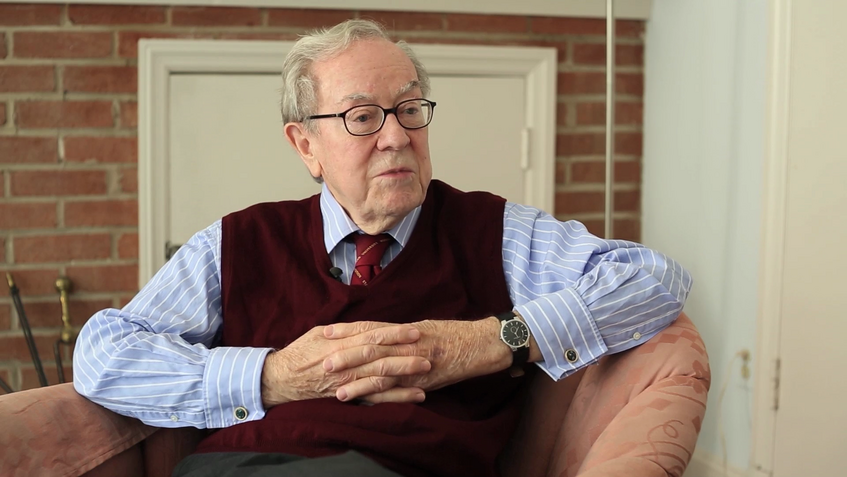
James Goodby
After joining the U.S. Foreign Service in 1952, James Goodby was involved as a negotiator and policy adviser in the creation of the IAEA, the negotiation of the Limited Nuclear-Test-Ban Treaty, START, the Conference on Disarmament, and the Cooperative Threat Reduction program. During his career, U.S. Presidents Carter, Reagan, and Clinton appointed him as Ambassador. He has taught at Georgetown, Syracuse, and Carnegie Mellon Universities, and is a Distinguished Service Professor Emeritus at Carnegie Mellon. Goodby’s awards include, among others, the Presidential Distinguished Service Award.
Odette Jankowitsch-Prevor
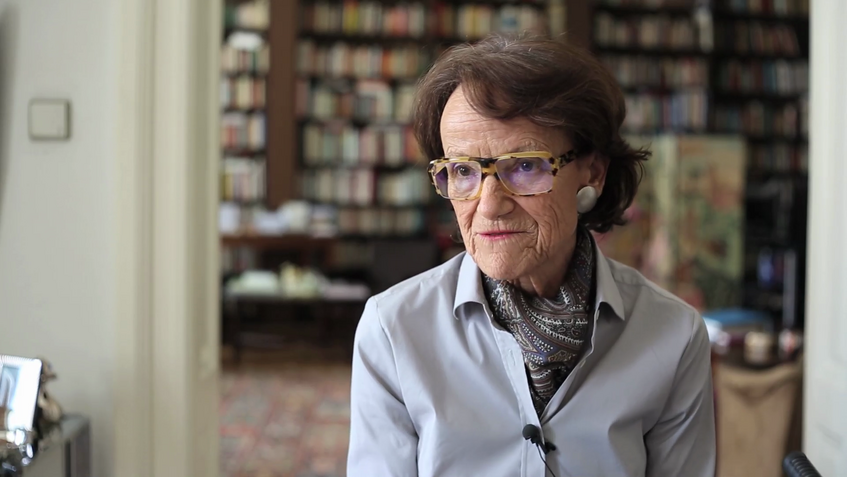
Odette Jankowitsch-Prevor
Odette Jankowitsch-Prevor worked for the IAEA between 1988 and 2001, firstly as a Senior Legal Officer within the Legal Division, and then later as Section Head of the Division of External Relations. Between 1964 and 1987, Odette Jankowitsch-Prevor held positions at, among others, UNESCO and UNIDO. She received her PhD in Law from the University of Vienna, and followed this by her postdoctoral work at University College London. Between 1973 and 1975 she was a Senior Fellow at the Faculty of Law, New York University.
Shirley Johnson
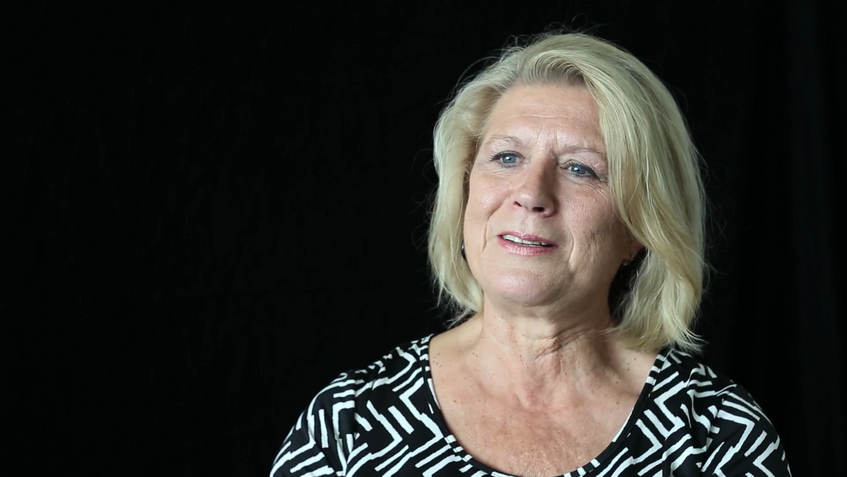
Shirley Johnson
Shirley Johnson received her BSc in Chemistry from Gonzaga University, and continued her graduate studies at the Hanford Graduate Center. She started her career as an Analytical Chemist at the Hanford Nuclear Site, before transferring to the Idaho National Engineering Laboratory. In 1982, she started work at the IAEA, and held various roles as Section Head, Group Leader, member of the IAEA Iraq Inspection Team, and Safeguards Inspector until her retirement in 2007.
William Lichliter
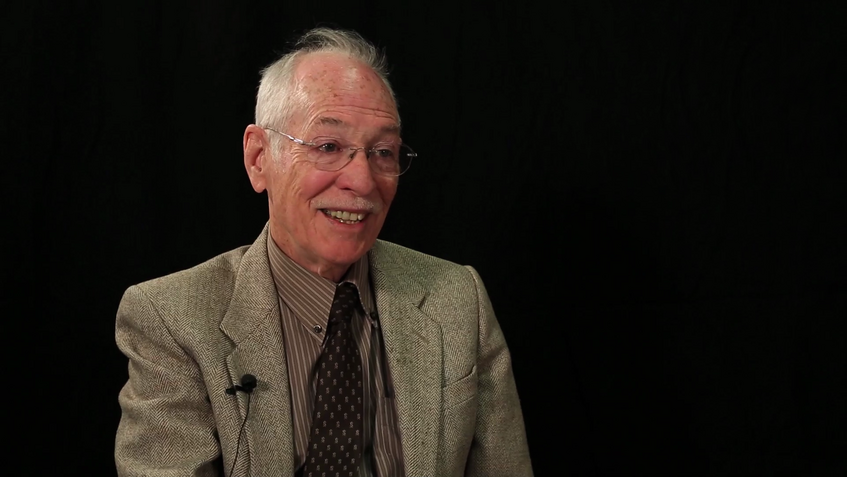
William Lichliter
William Lichliter worked at the IAEA between 1981 and 2007. Working in both the Department of Safeguards and the Department of Management, he became Section Head of the Management and Personnel Unit in 1986, and then Section Head of Section for Programme and Resources in 1989. Notably, as part of his roles while at the IAEA, Lichliter defined the personnel management criteria for Department of Safeguards and developed the IAEA Information Security Policy. He holds a PhD in philosophy from Brandeis University, Waltham, Massachusetts.
Marco Marzo
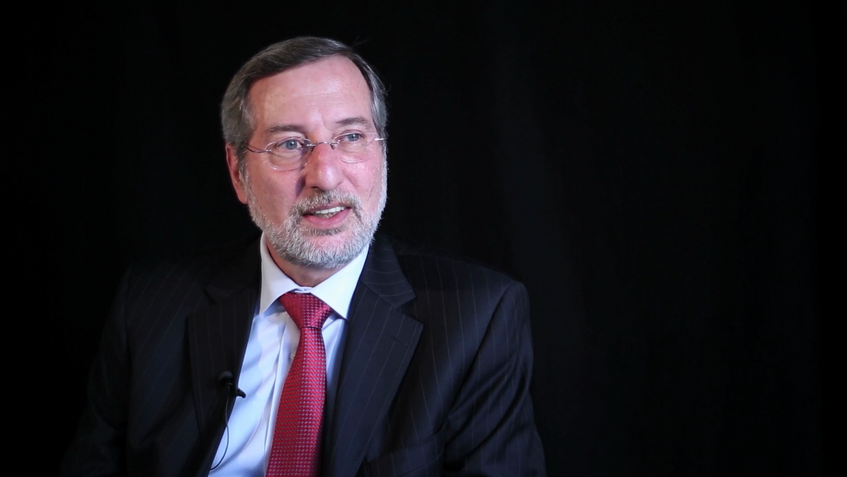
Marco Marzo
From 2008 to 2014, Marco Marzo was the Director of Operations A, Department of Safeguards, at the IAEA before becoming a member of the Standing Advisory Group on Safeguards Implementation to the organization. Before joining the IAEA, he was co-founder and the first Senior Officer for Planning and Evaluation of the Argentinean-Brazilian Agency for Accounting and Control of Nuclear Materials, and led the Brazilian technical delegation to the negotiation of the bilateral safeguards agreement with Argentina. Marzo holds a PhD in Nuclear Engineering from the University of Karlsruhe, Germany.
Abdul S. Minty
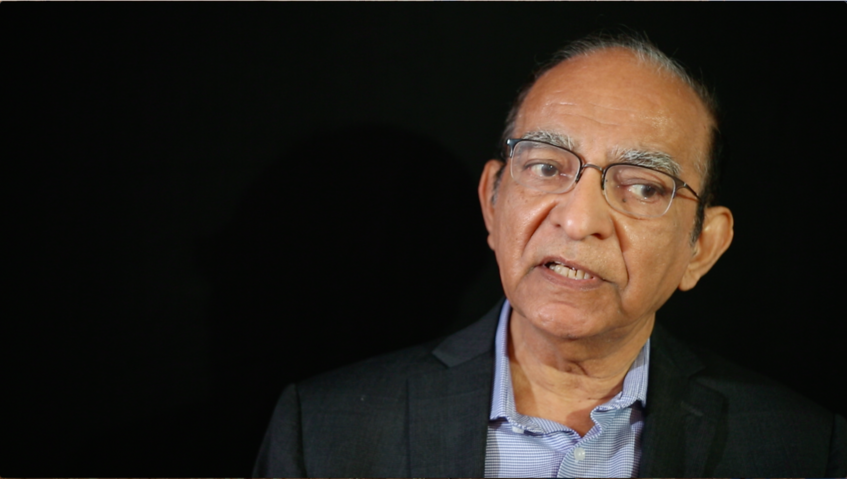
Abdul S. Minty
From 2011 to 2015, Abdul Minty was South Africa's Ambassador to the UN and the Conference on Disarmament. Prior to this, between 1995 and 2011, he was the South African Governor and designated Governor for Africa at the Board of Governors of the IAEA, and fulfilled the role as President of the 50th IAEA General Conference in 2006. Minty founded, and was the Honorary Secretary of, the London-based Anti-Apartheid Movement, 1960-1994, and was the Director of the World Campaign against Military and Nuclear Collaboration with South Africa in Oslo, 1979-1994. For over two decades he worked closely with the African Group, Non-Aligned Movement, and other members of the IAEA regarding South Africa’s nuclear program, and attended annual conferences of the IAEA to lobby for sanctions and the exclusion of the apartheid regime from the Board of Governors of the IAEA. In addition, he was an advisor to South African delegation to the 1995 Review and Extension Conference of the NPT, the leader of the delegation at the NPT Review Conferences in 2000, 2005, and 2010, and member of the delegation in 2015.
Merle Opelz
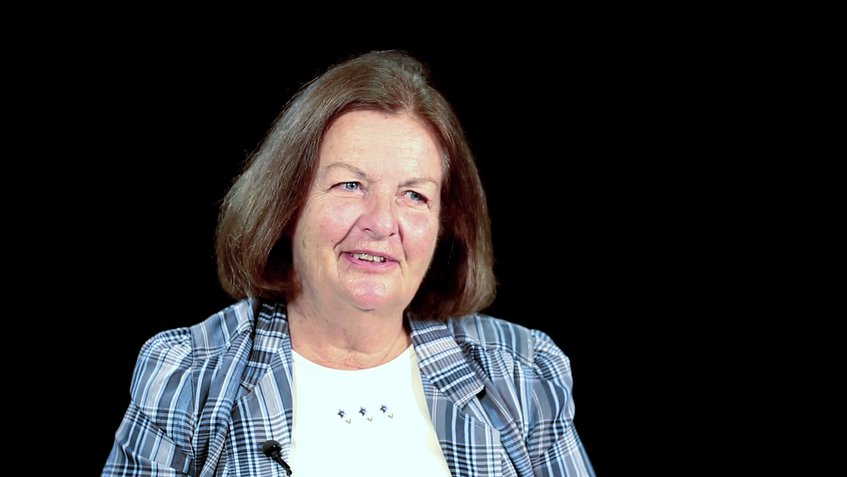
Merle Opelz
Merle Opelz was the Head of the IAEA Office in Geneva from 1967 to 2000. In the role, she represented the IAEA at meetings convened by the United Nations, and acted as the IAEA liaison with, among others, the Conference on Disarmament, World Health Organization, International Labour Organization, World Meteorological Organization, World Intellectual Property Organization, United Nations Environment Programme, and the Economic Commission for Europe. Merle Opelz holds an MA in International Relations from Johns Hopkins University.
Dimitri Perricos
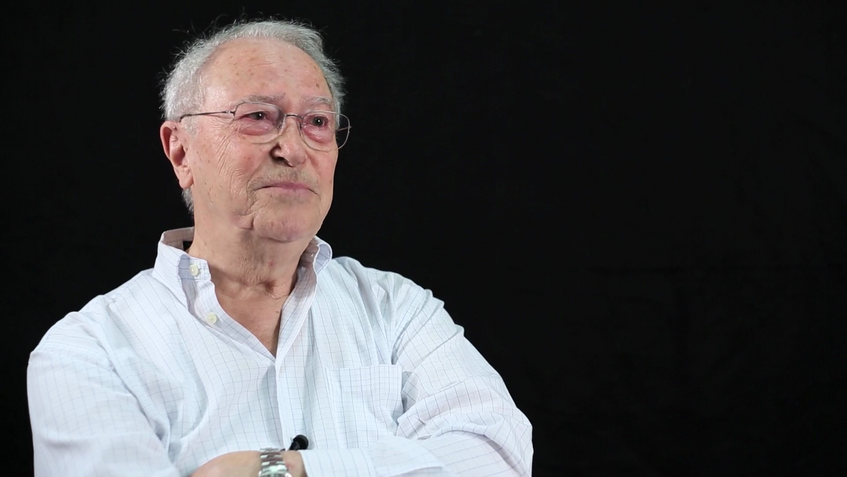
Dimitri Perricos
Dimitri Perricos joined the IAEA in 1972 as a nuclear Safeguards Inspector. During his time at the IAEA, he influenced the way the nuclear safeguards system developed and was the head of a group of experts in developing the Safeguards Implementation and Evaluation Criteria in the early 1990s. In April 1991, he joined the Iraq Action Team and led the first nuclear inspection team into Iraq under UN Security Council Resolution 687. Between 1993 and 1999, Perricos was the Director of the IAEA Division of Operations dealing with DPRK nuclear issues. In 2000, he became Director of Planning and Operations at UNMOVIC, leading the first UNMOVIC inspection team into Iraq, and was appointed Acting Executive Chairman of the organization in 2003. He holds a PhD in Chemistry from the University of Athens.
Laura Rockwood
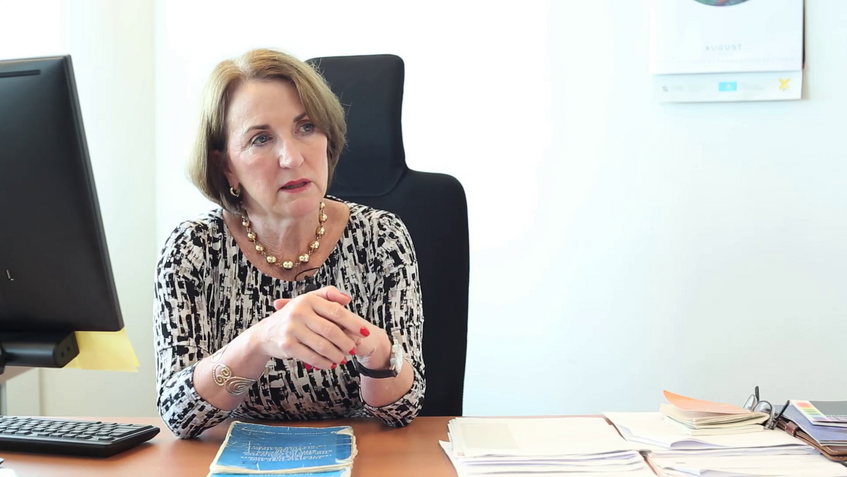
Laura Rockwood
In 2013, Laura Rockwood retired from the IAEA as Section Head for Non-Proliferation and Policy Making in the Office of Legal Affairs, where she had served since 1985. While at the IAEA, she was involved in all aspects of the negotiation, interpretation, and implementation of IAEA safeguards, and was a principal author of the Model Additional Protocol. Laura Rockwood is currently the Executive Director of the Vienna Center for Disarmament and Non-Proliferation. She received her BA from the University of California, Berkeley, and her JD from the University of California’s Hastings College of Law.
Mohamed Shaker
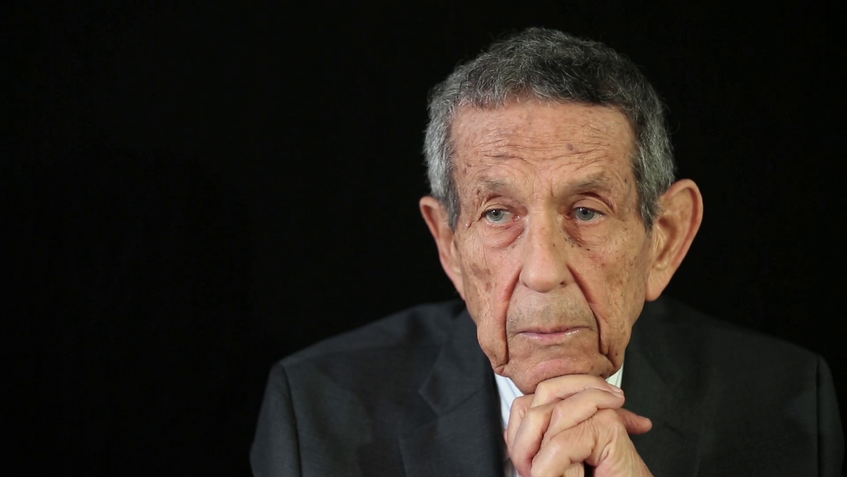
Mohamed Shaker
Mohamed Shaker held the positions of Egypt’s Ambassador to the United Kingdom, 1988-1997; to Austria and Egypt’s Governor on the Board of Governors of the IAEA, Vienna, 1986-1988; to the UN in New York as Deputy Permanent Representative of Egypt, 1984-1986; and Deputy Representative of Egypt to the UN Security Council, 1984-1985. He completed his studies as Docteur des Sciences Politiques at the Graduate Institute of International Studies, University of Geneva, in 1975, after having acquired the Licence en Droit (LLB) from Cairo University in 1955. In 1982, Ambassador Shaker was appointed Representative of the Director-General of the IAEA to the UN in New York, a post he relinquished in 1983. Ambassador Shaker was the President of the Third Review Conference of the NPT held in Geneva in 1985. He was also President of the UN Conference for the Promotion of International Cooperation in the Peaceful Uses of Nuclear Energy held in Geneva in 1987. Shaker is also a member of the Board of the Egyptian Council for Foreign Affairs (ECFA).
Thomas Shea
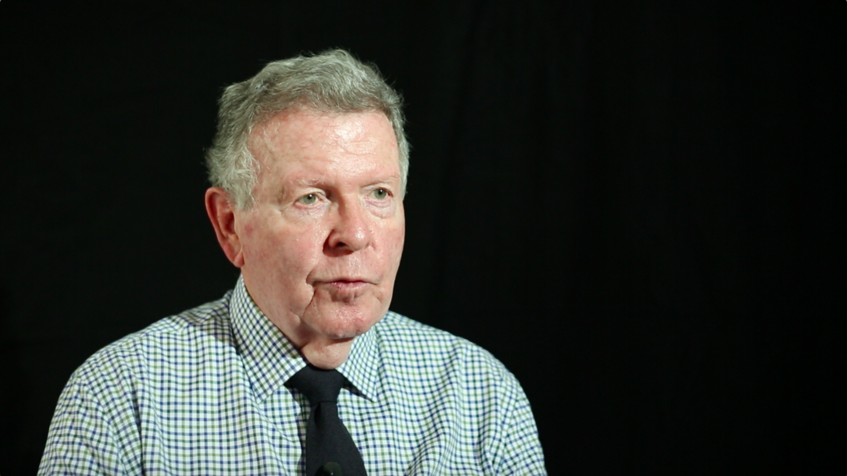
Thomas Shea
Thomas Shea worked within the IAEA Department of Safeguards between 1977-1981 and 1984-2004. While at the IAEA, he established the basic system elements of the INFCIRC/153 safeguards system, headed the Trilateral Initiative Office and the IAEA FMCT working group, and initiated the Safeguards Policy Series. In addition, between 2004-2009, he was Sector Head in Defense Nuclear Nonproliferation Programs at Pacific Northwest National Laboratory. Thomas Shea received his PhD in Nuclear Science and Engineering from the Rensselaer Polytechnic Institute.
David B. Waller
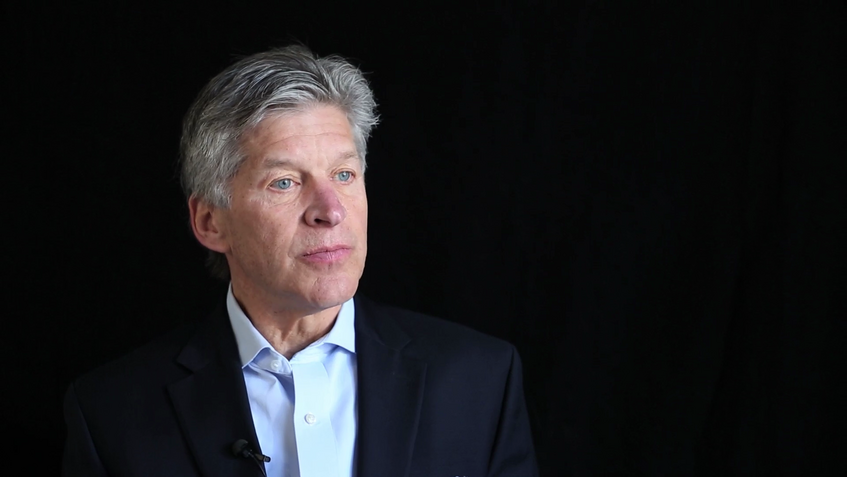
David B. Waller
From 1993 until 2011, David Waller served as Deputy Director General of the Department of Management at the IAEA. In 2005, he was the representative of the IAEA’s Department of Management at the award ceremony of the Nobel Peace Prize. In 2011, the Nuclear Threat Initiative (NTI) awarded him its Gold Medal in recognition of his contribution to the reduction of the threat of nuclear weapons. Before joining the IAEA, David Waller was the United States Assistant Secretary of Energy for International Affairs between 1986-1990, and Senior Associate to the President between 1981-1986. He received his JD from the College of Law, University of Tulsa, in 1973.
Norman Wulf
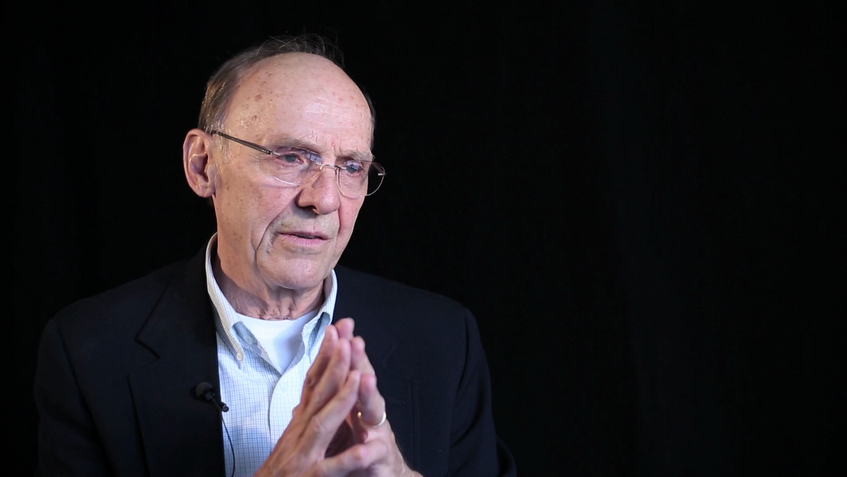
Norman Wulf
Norman Wulf served as the Special Representative of the President for Nuclear Nonproliferation from 1999 until his retirement 2002. In this capacity, he served as the U.S. Representative with all matters pertaining to the IAEA, including leading the U.S. delegation to the 2001 IAEA General Conference. Before assuming the Special Representative position, he served for 14 years as the Deputy Assistant Director for Nonproliferation and Regional Arms Control of the ACDA. Among his accomplishments, he was the U.S. representative to the IAEA Committee that negotiated the Additional Protocol. Norman Wulf holds a BA degree from Iowa Wesleyan College; a JD from the College of Law, University of Iowa; and an LLM from the University of Miami.
